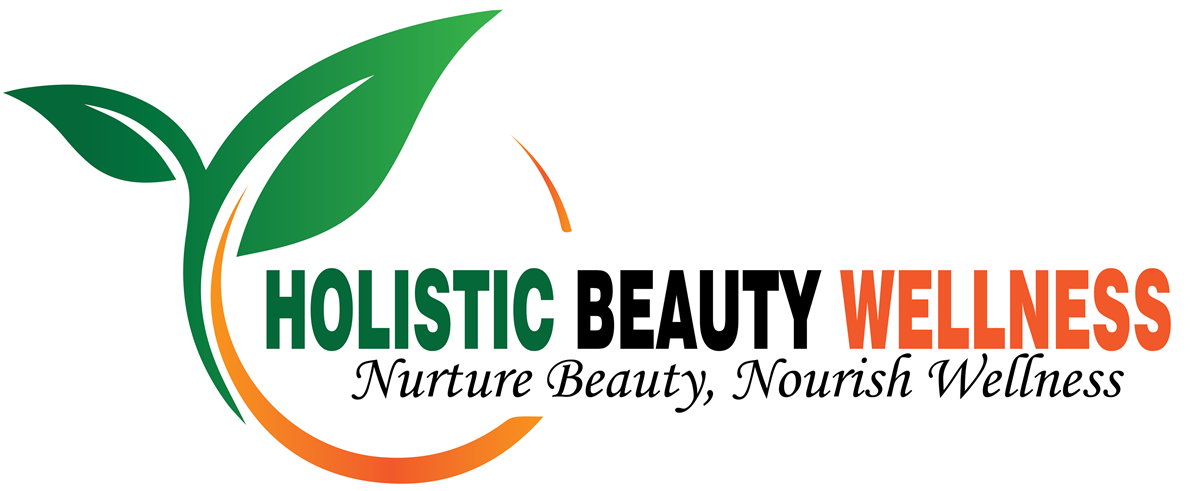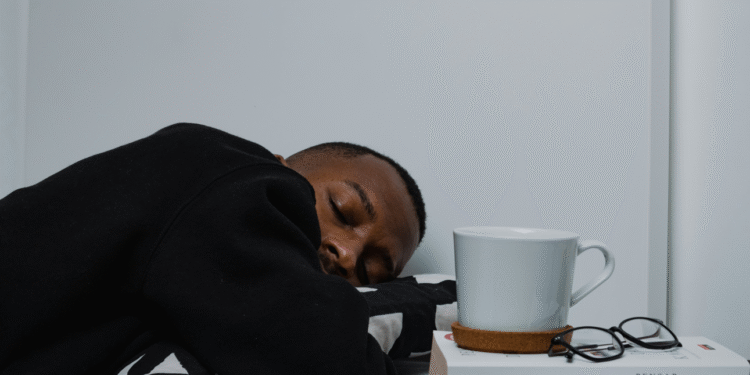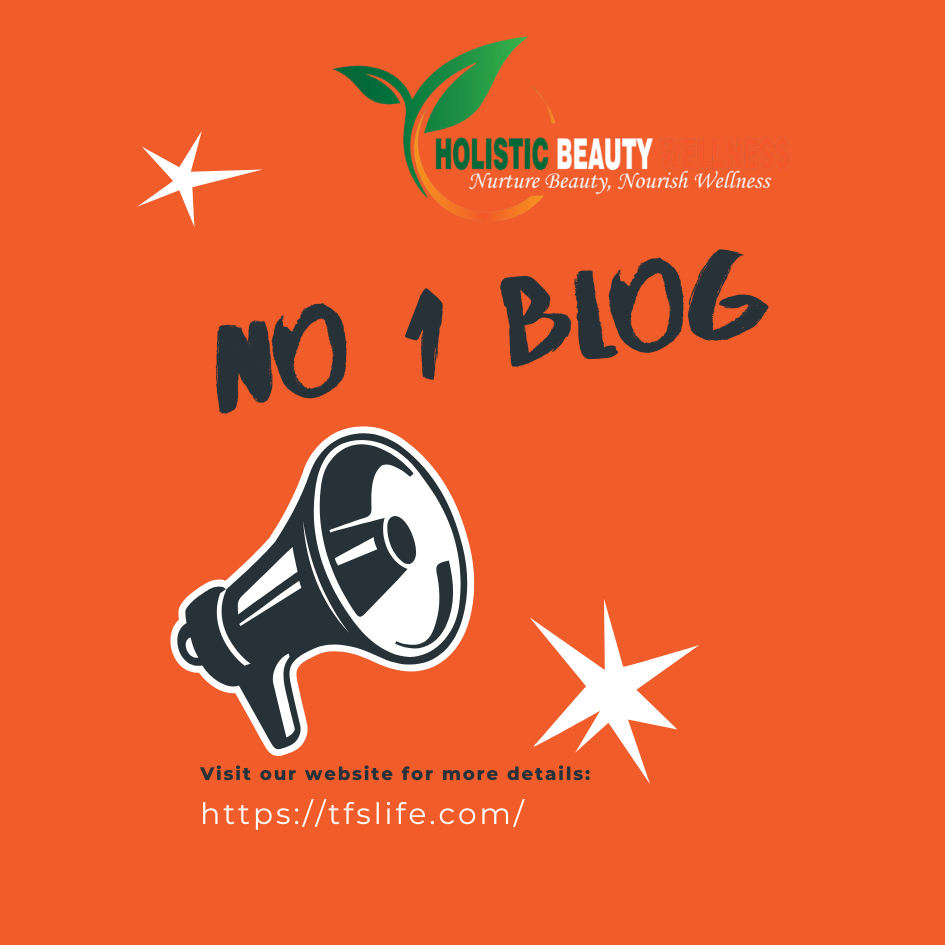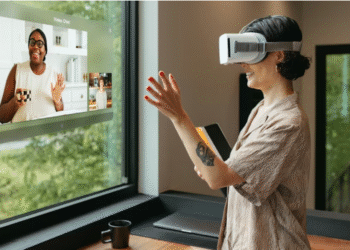Good sleep is the foundation of mental clarity, physical health, and emotional balance. Yet in today’s busy, screen-filled world, many people struggle to get deep, restorative rest. Sleep optimization is the process of combining healthy sleep habits, technology, and natural remedies for sleep to improve both sleep quality and sleep duration. Check out our products.
In this guide, you’ll learn how to sleep better with actionable sleep improvement tips, the best sleep tracking technology, and effective natural sleep aids to help you wake up energized every morning.
Why Sleep Quality Matters
Getting enough hours in bed isn’t enough—you also need deep sleep and healthy REM cycles. Quality sleep means your body moves smoothly through all four sleep stages without frequent interruptions.
Poor sleep can cause fatigue, brain fog, mood swings, and even long-term issues like heart disease or diabetes. By focusing on sleep cycle optimization, you can boost mental performance, physical recovery, and overall health.
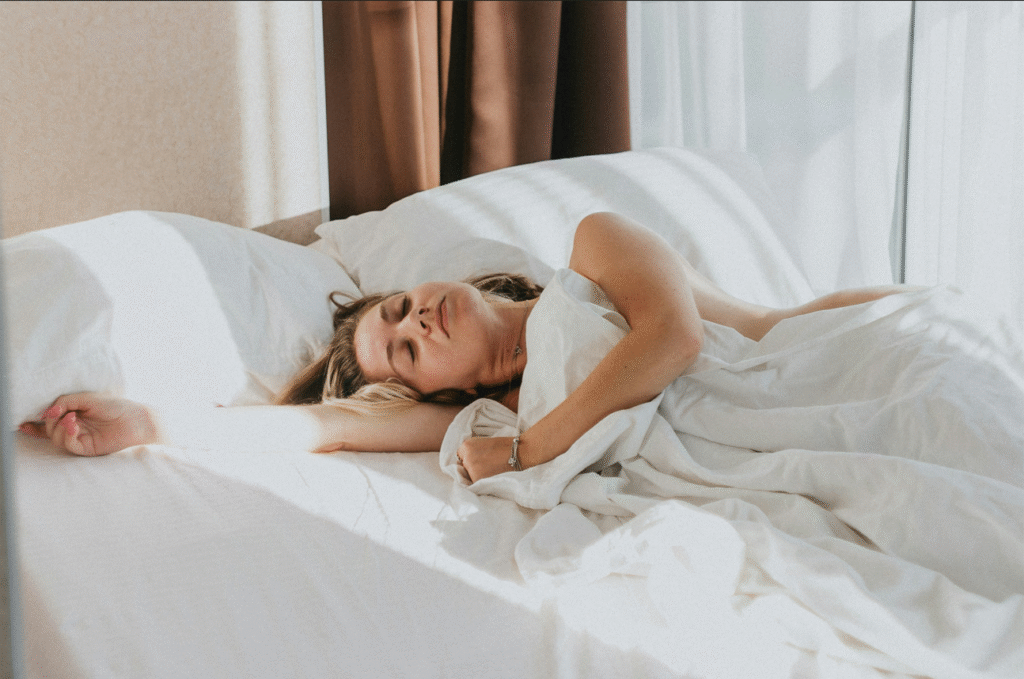
Top Sleep Optimization Techniques
1. Stick to a Consistent Sleep Schedule
Your circadian rhythm works best when you sleep and wake at the same times every day. This consistency regulates hormones like melatonin and cortisol, making it easier to fall asleep faster and wake up naturally.
Pro tip: Shift your bedtime gradually in 15-minute increments until you reach your ideal schedule. Check out related articles.
2. Create the Perfect Sleep Environment
A great bedtime routine for better sleep starts with the right environment:
- Cool: Keep your room between 60–67°F (15–19°C)
- Dark: Use blackout curtains to support melatonin production
- Quiet: Use earplugs or a white noise machine for sleeping
- Comfortable: Choose a supportive mattress and breathable bedding
3. Develop a Relaxing Bedtime Routine
Your night routine should signal to your brain that it’s time to rest. Try:
- Reading a physical book (avoid blue light screens)
- Gentle yoga or stretching
- Listening to calming music or guided meditation
- Taking a warm shower or bath to prepare your body for restful sleep
4. Limit Stimulants and Heavy Meals
Caffeine can stay in your system for up to 8 hours, so avoid it after early afternoon. Alcohol and heavy meals can disrupt deep sleep. If hungry late at night, try sleep-friendly snacks like bananas or almonds.
5. Manage Stress Before Bed
Stress is one of the biggest enemies of healthy sleep habits. Use relaxation methods like deep breathing, meditation apps (Calm, Headspace), or journaling to quiet your mind before bed.
Best Sleep Tracking Technology
Modern sleep tracking devices give you valuable insights into your sleep cycles so you can adjust habits accordingly.
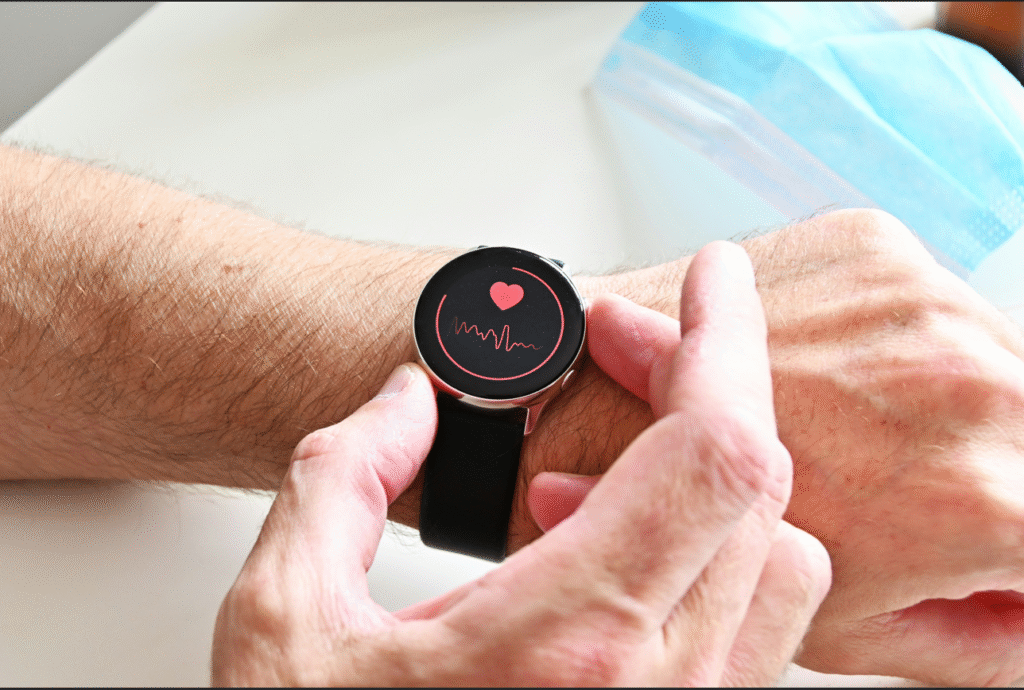
1. Wearable Sleep Trackers
Devices like Oura Ring, Fitbit Sense, and Apple Watch track movement, heart rate variability, and oxygen levels to monitor REM sleep and deep sleep quality.
2. Bedside Sleep Monitors
Non-wearable trackers like the Withings Sleep Analyzer slide under your mattress to record breathing, snoring, and movement without anything on your wrist.
3. Smart Alarms
Apps like Sleep Cycle wake you during a light sleep phase, helping you feel more alert and less groggy in the morning.
4. Blue Light Filtering Tools
Late-night screen use can disrupt melatonin production. Combat this with blue light blocking glasses or apps like f.lux and iOS Night Shift mode.
Natural Sleep Aids for Better Rest
If you prefer natural remedies for sleep, these gentle options can improve your nighttime routine without dependency:
1. Melatonin Supplements
Supports circadian rhythm and helps with jet lag or shift work.
2. Magnesium
Relaxes muscles and supports calmness. Take supplements or soak in an Epsom salt bath before bed.
3. Herbal Teas
Chamomile, valerian root, and lavender tea are classic herbal teas for sleep and can be enjoyed as part of a bedtime routine.
4. Aromatherapy
Lavender, bergamot, and sandalwood essential oils can be diffused to create a calming atmosphere.
5. White Noise Machines
Mask disruptive sounds with ocean waves, rainfall, or static noise for restful sleep. Check out our supplements.
Combining Sleep Tech and Natural Remedies
The best approach is blending sleep tracking technology with natural sleep aids:
- Use a tracker for two weeks to analyze your sleep patterns.
- Introduce healthy sleep habits like earlier bedtimes, magnesium, and sound therapy.
- Reassess after two weeks to refine your sleep improvement plan.
When to See a Sleep Specialist
If you have trouble falling asleep, wake often, or still feel tired despite following sleep optimization techniques, you may have a sleep disorder such as insomnia, sleep apnea, or restless legs syndrome. See a sleep specialist for diagnosis and treatment.
Final Thoughts on Sleep Optimization
Sleep optimization is more than just buying gadgets—it’s about creating the right environment, following good sleep hygiene techniques, and using natural aids to improve sleep quality and wake up refreshed.
By combining sleep tracking devices, natural remedies, and consistent habits, you can transform your nights and your days. After all, better sleep means better living.
